
On April 24, 2025, Indian Prime Minister Narendra Modi made a bold promise to track down and punish those behind a horrific terrorist attack in Kashmir. The attack, which killed 26 tourists in the scenic Pahalgam region, has sent shockwaves across India and beyond. Modi’s strong words, delivered during a speech in Bihar, signal a fierce response to the tragedy. Meanwhile, India’s relations with Pakistan have hit a new low, with diplomatic ties cut and a historic water treaty suspended. At AMERICA NEWS WORLD (ANW), we dive deep into this unfolding crisis, bringing you the latest updates, data, and insights.
What Happened in Kashmir?
On Tuesday, April 22, 2025, gunmen opened fire on a group of tourists in the Baisaran Valley, a picturesque spot in Pahalgam, Jammu and Kashmir. The attack claimed 26 lives, including a Nepali national, and injured 17 others. According to police, the militants targeted Hindu tourists, making it one of the deadliest civilian attacks in the region in nearly two decades. The Resistance Front (TRF), a group linked to Pakistan-based Lashkar-e-Taiba, claimed responsibility, though Pakistan denies any involvement.
The Jammu and Kashmir police have named three suspects, two of whom are Pakistani nationals. Rewards have been announced for information leading to their arrest. Indian security forces are now conducting a massive manhunt across the region. The attack has shattered the illusion of peace in Kashmir, a region long troubled by insurgency and claimed by both India and Pakistan.
Modi’s Fiery Response
During a rally in Bihar, Modi led thousands in a moment of silence for the victims. “We will pursue them to the ends of the earth,” he declared, referring to the attackers. Though he didn’t name Pakistan directly, his words carried weight. Modi’s government has already taken drastic steps. On Wednesday, India downgraded diplomatic ties with Pakistan, expelled Pakistani defense advisers, and reduced its mission staff in Islamabad. The main land border crossing between the two nations is now closed.
Most strikingly, India suspended the Indus Waters Treaty, a 1960 agreement that has survived two wars. Pakistan’s Power Minister Awais Lekhari called this move “an act of water warfare.” The treaty regulates the sharing of the Indus River and its tributaries, critical for Pakistan’s agriculture. This suspension has raised fears of escalation between the nuclear-armed neighbors.
Protests and Global Reactions
In New Delhi, dozens of protesters gathered outside Pakistan’s embassy, shouting slogans and clashing with police. Anti-Pakistan protests have also erupted in other Indian cities, fueling concerns about rising anti-Muslim sentiment. Globally, leaders have condemned the attack. U.S. President Donald Trump called Modi to express solidarity, while leaders from Russia, France, and the UAE also voiced support.
Pakistan’s Foreign Minister Ishaq Dar denied any role in the attack, calling it “home-grown.” Islamabad’s National Security Committee met on Thursday to discuss India’s actions. Dar warned that any “kinetic” move by India would face a “tit-for-tat” response, heightening fears of military conflict.
Why This Matters
Kashmir has been a flashpoint since India and Pakistan gained independence in 1947. Both nations claim the region in full but control only parts of it. India accuses Pakistan of backing militant groups, a charge Islamabad denies. The 2019 revocation of Kashmir’s semi-autonomous status by Modi’s government was hailed as a step toward peace and development. However, Tuesday’s attack has exposed cracks in that narrative.
The attack also threatens Kashmir’s booming tourism industry. In 2024, 3.5 million tourists visited the region, drawn to its stunning landscapes. Now, cancellations are pouring in, and the Union Tourism Ministry has urged operators to assist affected travelers. The economic fallout could be severe for local communities.
Data and Insights
To understand the scale of this crisis, let’s look at key data:
- Casualties: 26 killed, 17 injured in the Pahalgam attack.
- Tourism Impact: 3.5 million tourists visited Kashmir in 2024; widespread cancellations reported post-attack.
- Military Presence: India has 500,000 troops stationed in Kashmir, one of the world’s most militarized zones.
- Historical Context: Over 40,000 deaths in Kashmir since the insurgency began in 1989.
Graph: Tourist Arrivals in Jammu and Kashmir (2020-2024)
- 2020: 0.5 million (COVID-19 impact)
- 2021: 1.2 million
- 2022: 2.0 million
- 2023: 2.8 million
- 2024: 3.5 million
(Source: Jammu and Kashmir Tourism Department)
Graph: Militant Attacks in Kashmir (2019-2025)
- 2019: 46 soldiers killed in Pulwama suicide bombing.
- 2024: 9 civilians killed in bus attack.
- 2025: 26 civilians killed in Pahalgam attack.
(Source: Indian Ministry of Home Affairs)
Highlight: The Pahalgam attack marks a sharp rise in civilian targeting.
India’s Next Steps
Modi has called an all-party meeting to brief opposition leaders on the government’s response. Analysts predict India may go beyond diplomatic measures. “Modi faces pressure to act decisively,” says Arzan Tarapore, a scholar at Stanford University. Past incidents, like the 2019 Pulwama attack, led to Indian airstrikes on Pakistani territory. A similar response could escalate tensions further.
However, some experts urge caution. Praveen Donthi from the International Crisis Group warns that framing Kashmir as a Pakistan-backed crisis limits India’s options. “Harsh talk may win votes, but it risks broader conflict,” he says. For now, India’s focus is on tracking the attackers and preventing further violence.
What Readers Are Asking
Based on platforms like Quora, Reddit, and WikiHow, readers want clear answers:
- Why does Kashmir matter? It’s a disputed region fueling India-Pakistan rivalry for over 70 years.
- Is Pakistan involved? India claims cross-border links, but no public evidence has been shared.
- Will there be war? Analysts see a risk of escalation, but both nations are nuclear-armed, making all-out war unlikely.
- How can I stay informed? Follow trusted sources like AMERICA NEWS WORLD (ANW) for updates.
At AMERICA NEWS WORLD (ANW), we deliver unbiased, fact-based reporting. Our team cross-references sources like Reuters, BBC, and Al Jazeera, while tapping into platforms like Quora and Reddit for reader insights. We aim to inform all-age readers across continents, from North America to Asia, with clear, relatable content.
The Pahalgam attack has thrust Kashmir back into the global spotlight. Modi’s vow to pursue the perpetrators signals a tough road ahead. As India and Pakistan trade barbs, the world watches anxiously. Will diplomacy prevail, or is escalation inevitable? Stay updated with AMERICA NEWS WORLD (ANW) for the latest on this developing story.
also read:- Laskar Behind Kashmir Attack
also read:-Russia removes Taliban from the list of banned group
looking for a good blog:-recital blog
Discover more from AMERICA NEWS WORLD
Subscribe to get the latest posts sent to your email.

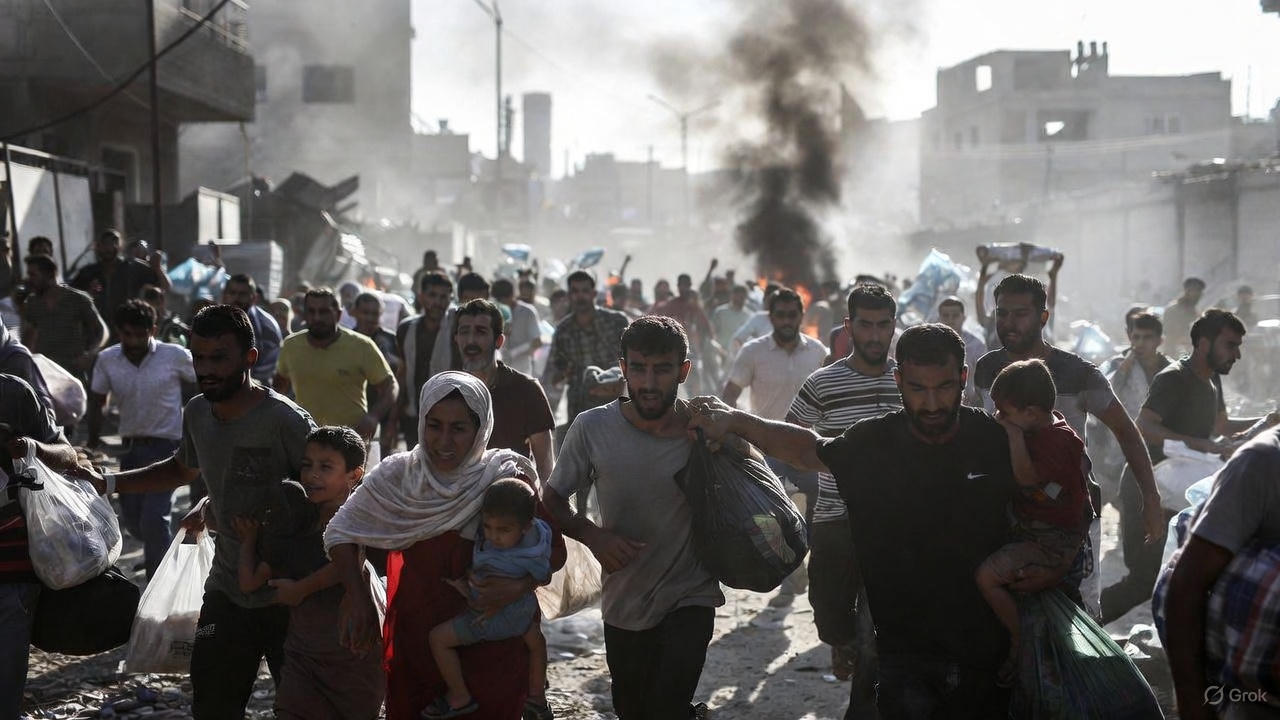
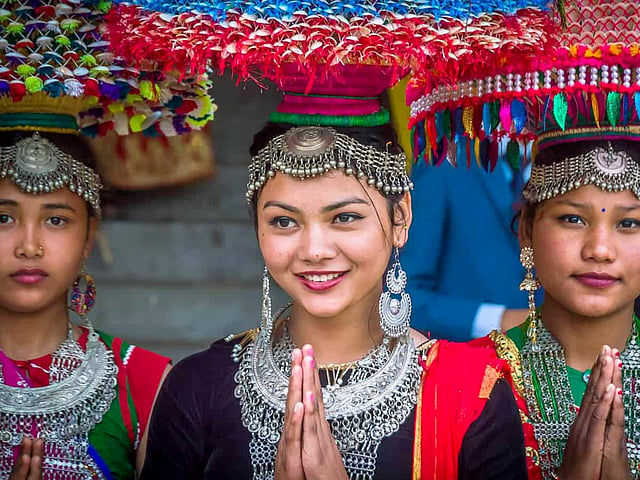
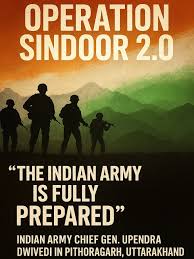
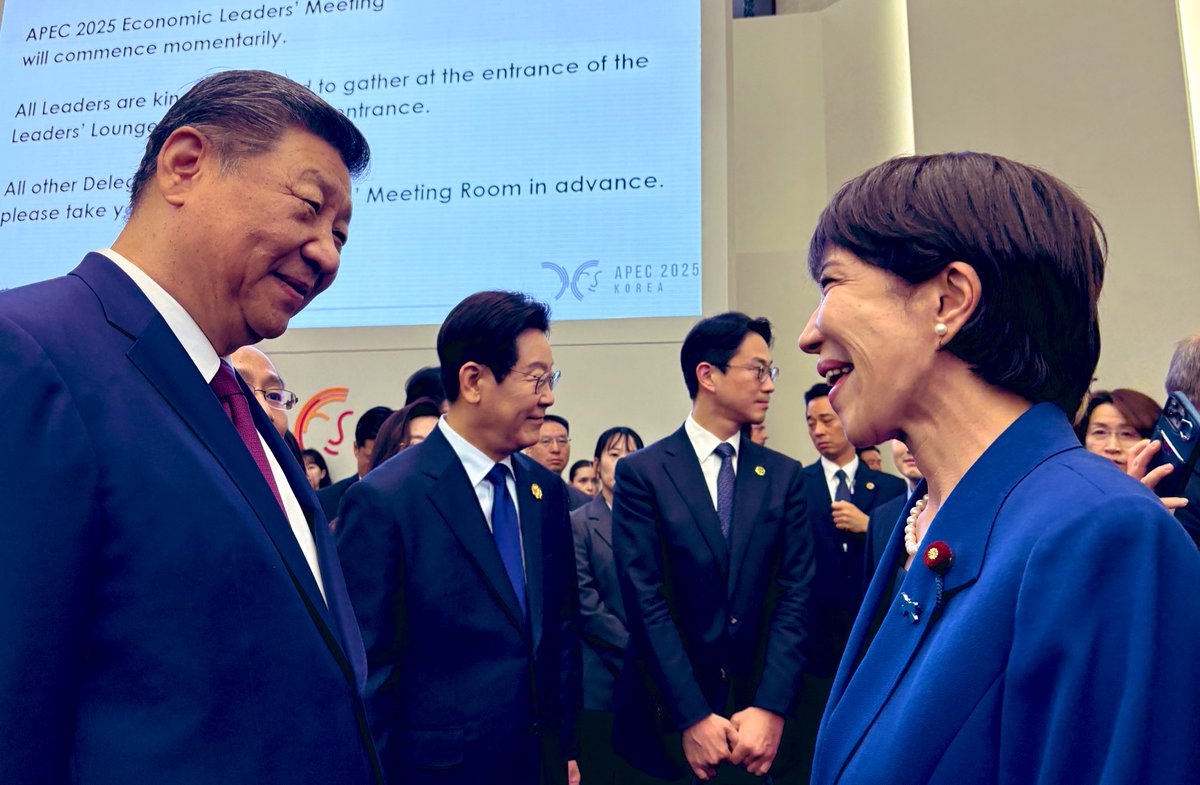
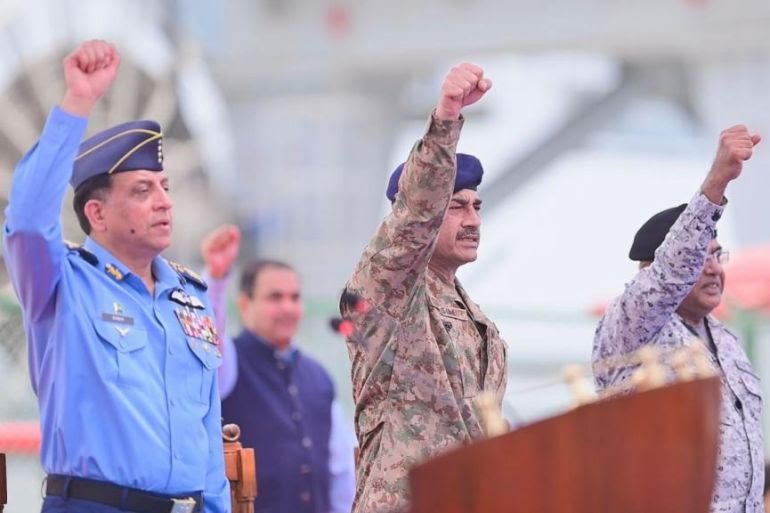
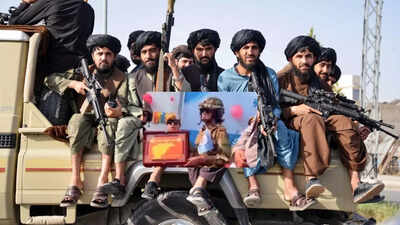
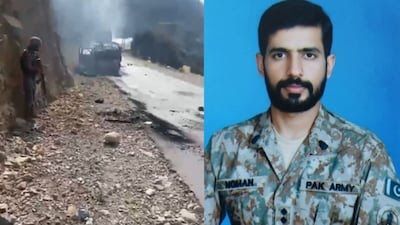
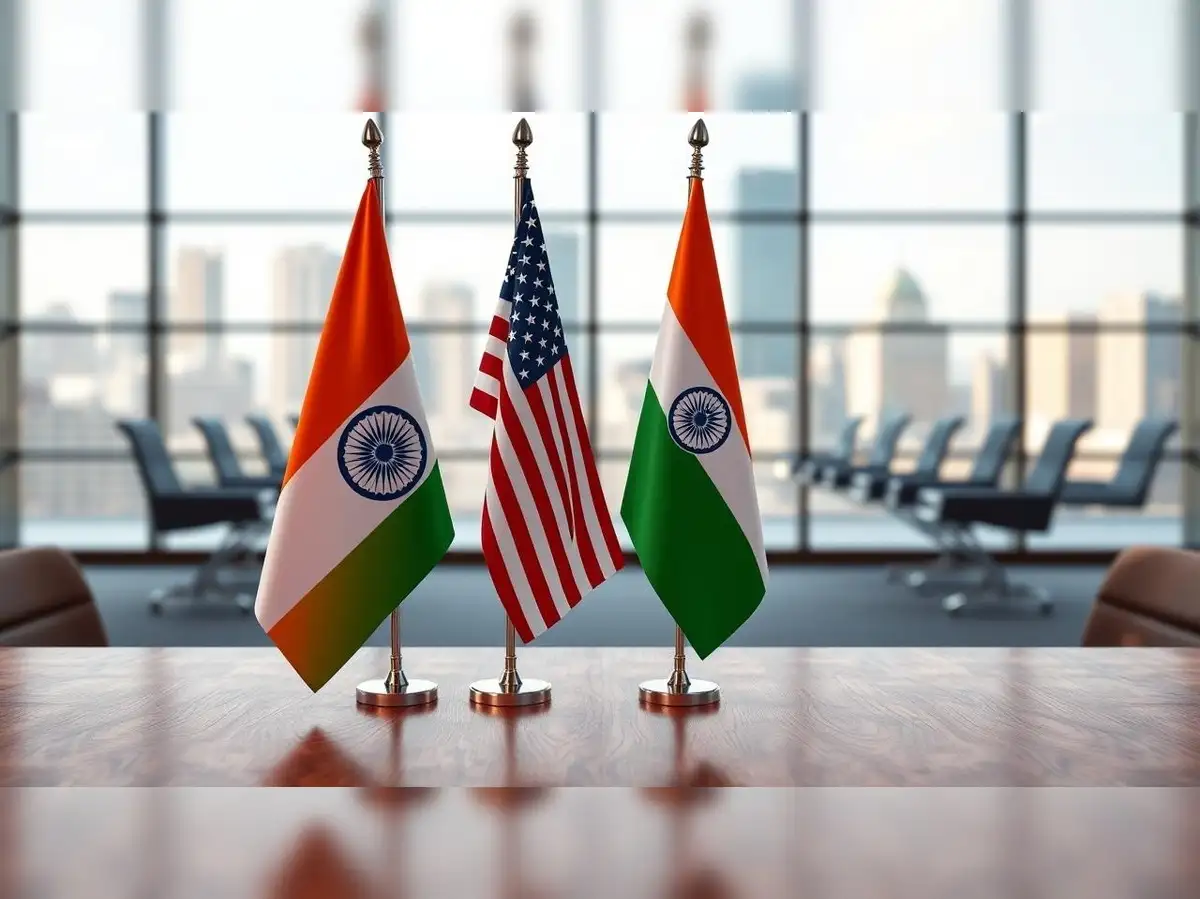
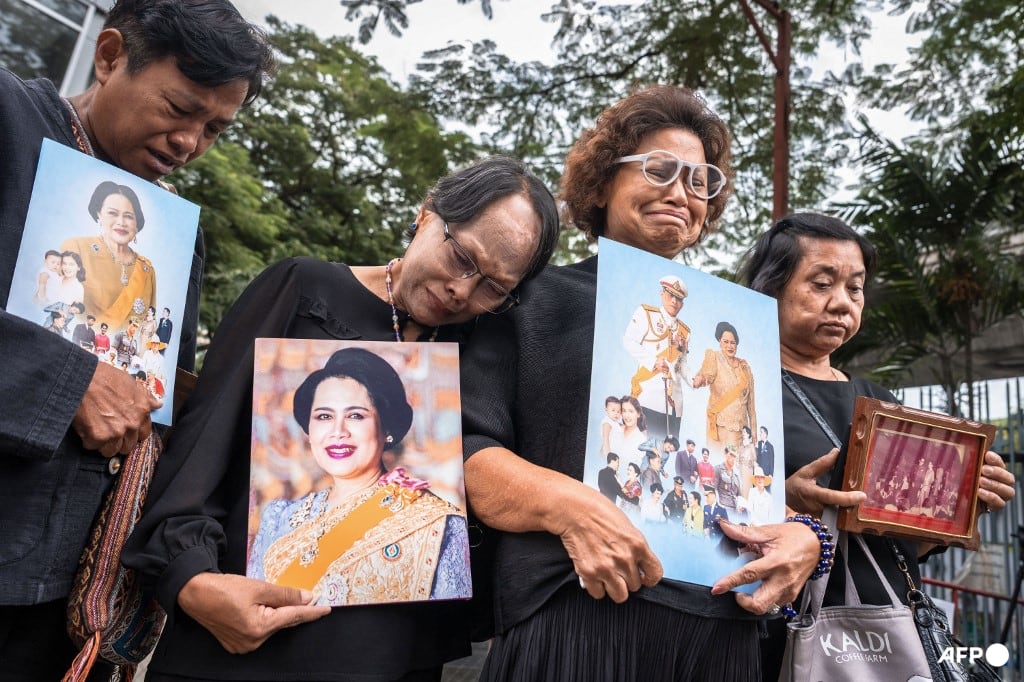

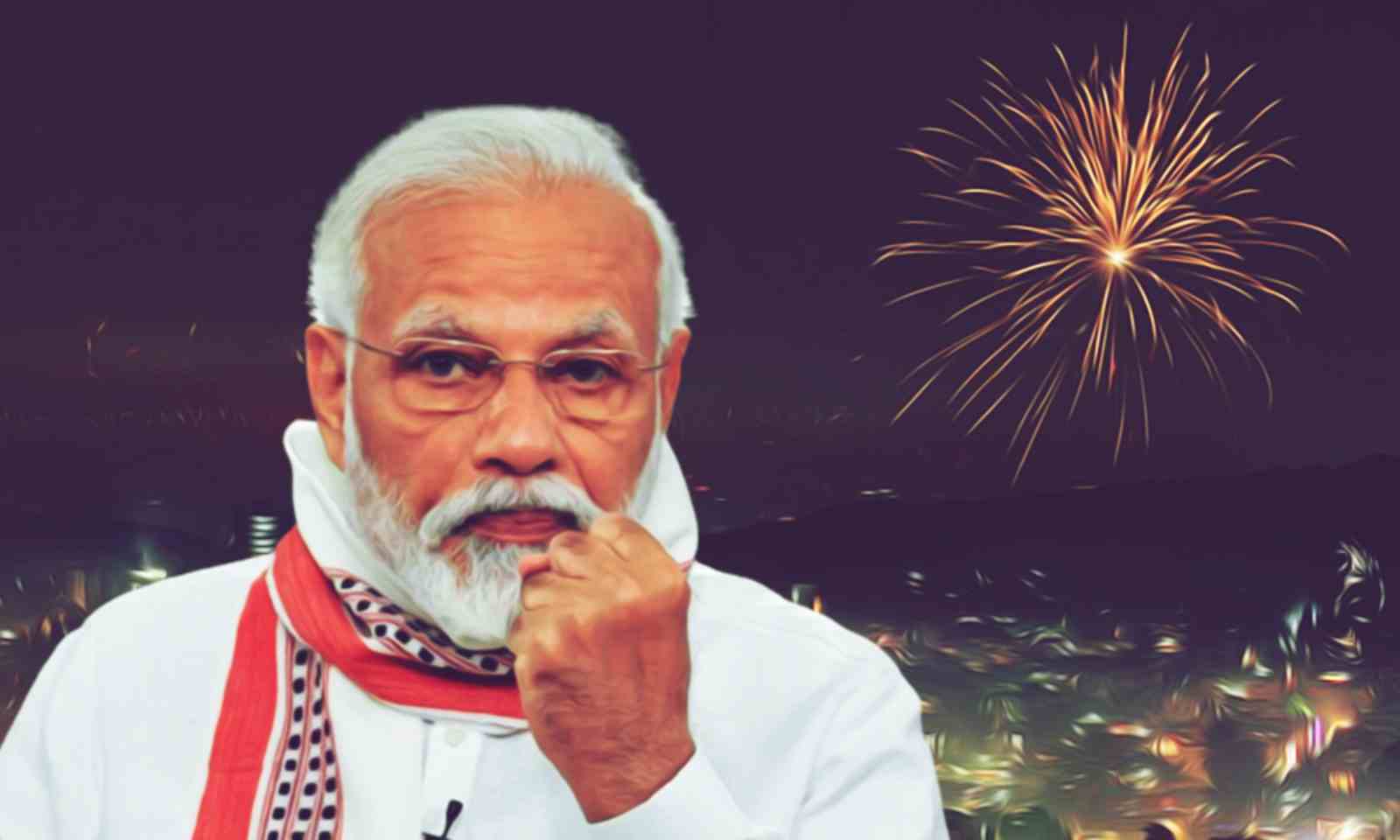

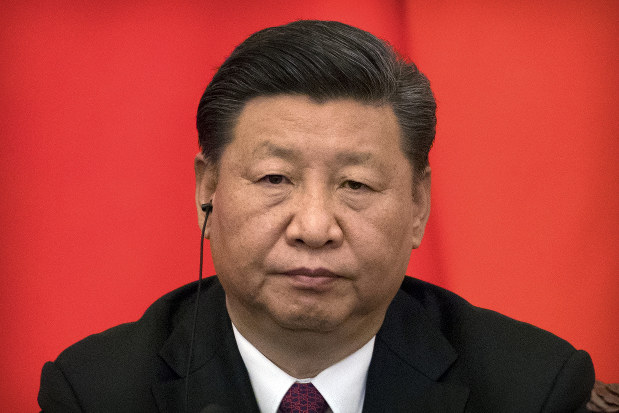
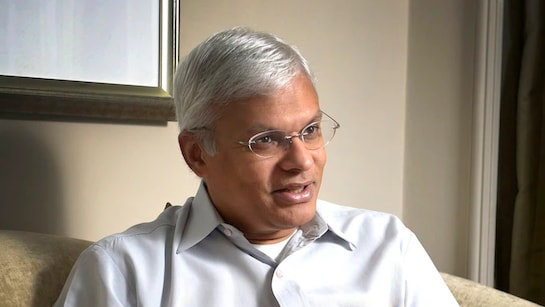
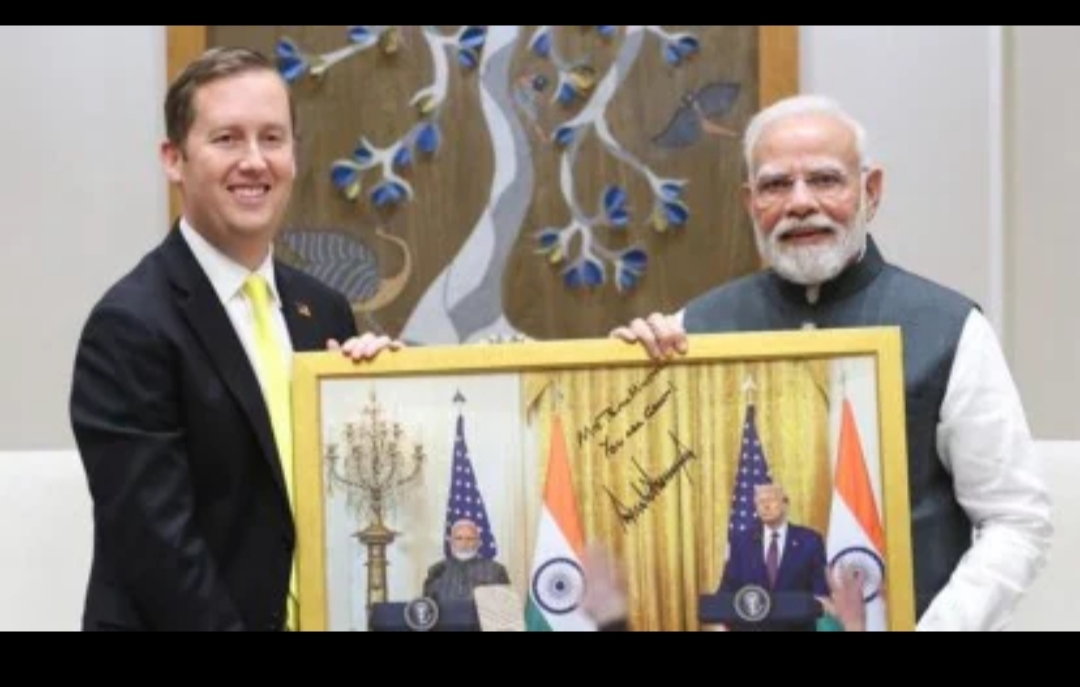
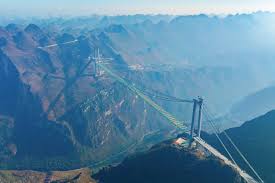
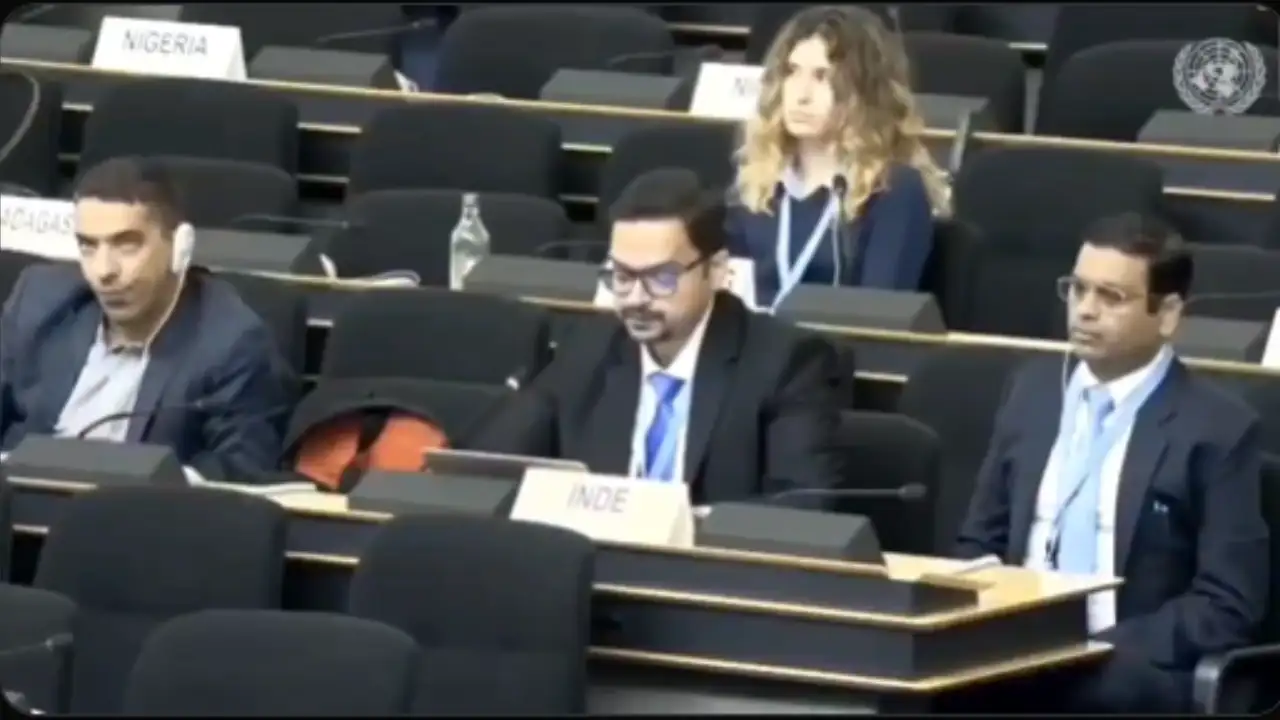

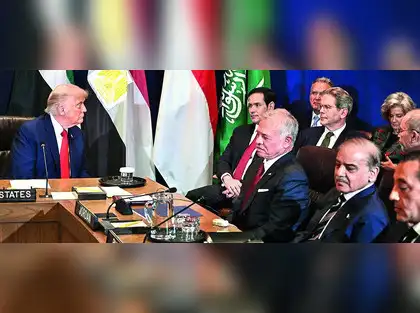






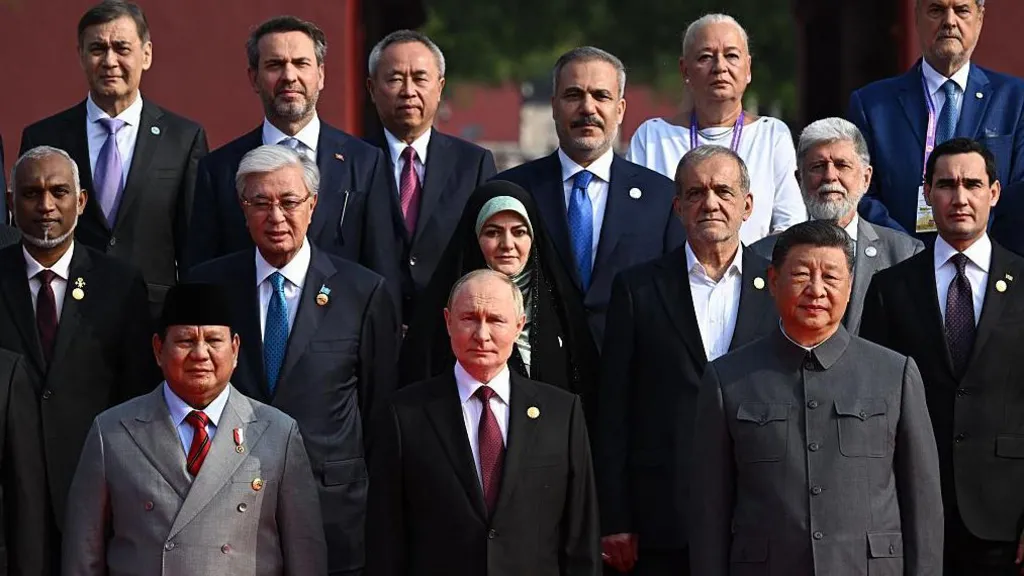

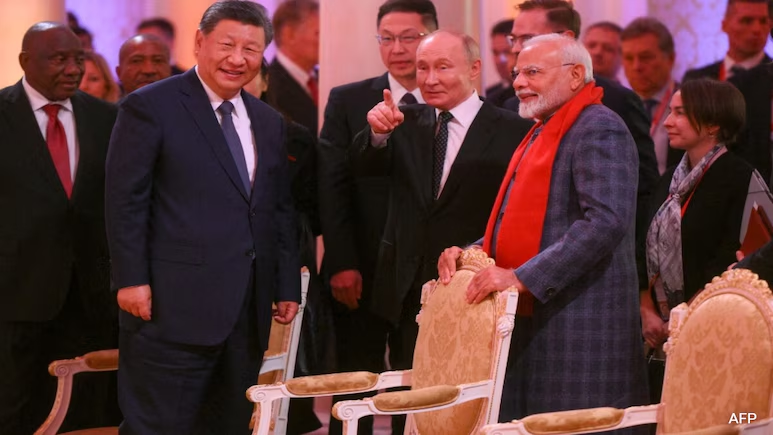


![Reliance Industries, led by Chairman Mukesh Ambani, has exported products made from Russian crude oil to countries that have sanctioned Russia, including the US [File: Ajit Solanki/AP Photo]](https://america112.com/wp-content/uploads/2025/08/AP24010199793503-1755298275.webp)


![In India, a big protest is coming up. About 300 MPs from the I.N.D.I.A. bloc will march to the Election Commission office. This happens on August 11. They say it's against "vote chori," which means vote theft. And they point fingers at SIR. SIR stands for Special Intensive Revision. It's a way to update voter lists. But the opposition thinks it's not fair. First, let's talk about why this matters. The I.N.D.I.A. bloc includes parties like Congress and others. They feel SIR deletes real voters. Especially in places like Bihar. Rahul Gandhi, the Leader of Opposition, has spoken out. He says SIR lets "vote chori" happen. For example, he claims over 1 lakh votes got stolen in Karnataka before. Now, in Bihar, 35 lakh voters are untraceable. That's a huge number. Moreover, Mallikarjun Kharge will host a dinner for these MPs on Monday. That's today, August 10. It's to bring everyone together. Rahul hosted one before. So, they plan as a team. Then, the march starts from Parliament. They want the EC to stop SIR or make it fair. However, the government says SIR cleans up lists. It removes fake or dead voters. The Election Commission started SIR in Bihar from June 24 to July 25. They had 7.89 crore voters at the start. Over 7.24 crore sent back forms. That shows many joined in. But some did not. Reasons include moving away or not found. Here is complete data from the Press Information Bureau. It covers key findings. - Total electors before SIR: 7.89 crore - Forms submitted: 7.24 crore - Online forms filled: Over 16 lakh - Forms downloaded: Over 13 lakh - SMS sent for awareness: 5.7 crore - Acknowledgment SMS: 10.2 crore On deletions and additions, more comes later. Draft list out on August 1. Claims until September 1. No name deletes without notice. Now, look at Booth Level Agents (BLAs). They help check lists. Numbers went up by 16%. Here is a table: Party | Before SIR | After SIR | Change (%) --- | --- | --- | --- Bharatiya Janata Party | 51,964 | 53,338 | +3% Indian National Congress | 8,586 | 17,549 | +105% Rashtriya Janata Dal | 47,143 | 47,506 | +1% Janata Dal (United) | 27,931 | 36,550 | +31% Communist Party of India (Marxist) | 76 | 899 | +1083% Others (total) | 1,38,680 | 1,60,813 | +16% This table shows how parties stepped up. Congress doubled agents. It helps watch the process. For a graph, imagine a bar chart. It shows BLA changes per party. Bars for BJP in blue, short rise. Congress in green, tall bar up. CPI(M) in red, very tall. Total in black. This graph highlights opposition push. It works on mobile and computer. Use colors for highlight: blue for low change, red for high. [Image: Opposition leaders like Rahul Gandhi and Akhilesh Yadav protesting in Parliament over SIR. They hold signs saying "Stop Vote Chori." Credit: Hindustan Times. Source: https://www.hindustantimes.com/photos/news/stop-sir-opposition-protest-over-bihar-electoral-roll-row-in-parliament-in-pics-101753689375847.html] This protest could shake things up. Not just in India. Around the world, people watch elections. In Asia, Europe, Africa, North America, South America, Australia, and Antarctica too, though few there. Fair votes matter everywhere. Like in the US or UK, voter lists get checked. But claims of bias hurt trust. Besides, young people care. If you are 18, check your vote. Old folks remember past polls. All ages can see why clean lists help. But not if it deletes real ones. Meanwhile, the bloc wants talks in Parliament. But no luck yet. They march instead. Sources say it's peaceful. Yet strong. For more on this, read the original story. It's from Deccan Herald: https://www.deccanherald.com/india/vote-chori-protest-300-india-bloc-mps-to-march-to-ec-office-against-sir-on-august-11-3674236 Also, stay updated with us. Visit AMERICA NEWS WORLD (ANW) at https://america112.com/ for global takes on Indian news. We cover it all. In addition, this links to bigger issues. Like in 2019, Kharge said bogus votes cost them. Now, they fight back. Rahul calls for clean rolls. It's key for free polls. Furthermore, Bihar SIR shows gaps. Many migrants can't fill forms easy. Online helps, but not all have net. EC sent SMS, but some miss. To wrap up, watch August 11. Will EC listen? Or more protests? It affects next polls. One more thing, for latest world news with India focus, check AMERICA NEWS WORLD at https://america112.com/. We aim for truth.](https://america112.com/wp-content/uploads/2025/08/deccanherald_2025-08-10_va0tirfq_PTI08082025000165A.avif)
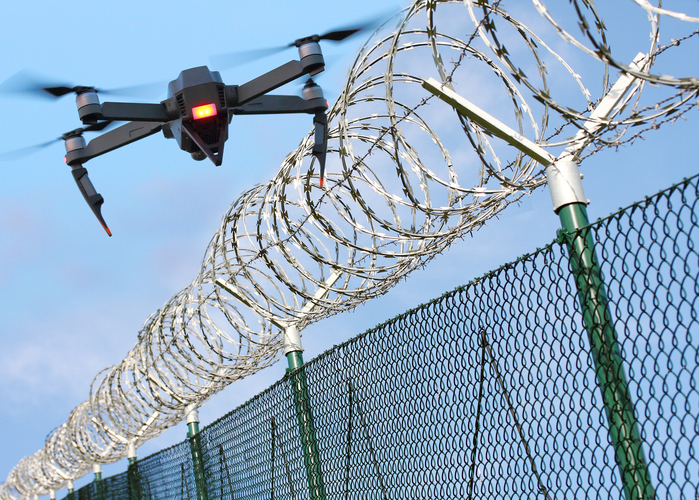
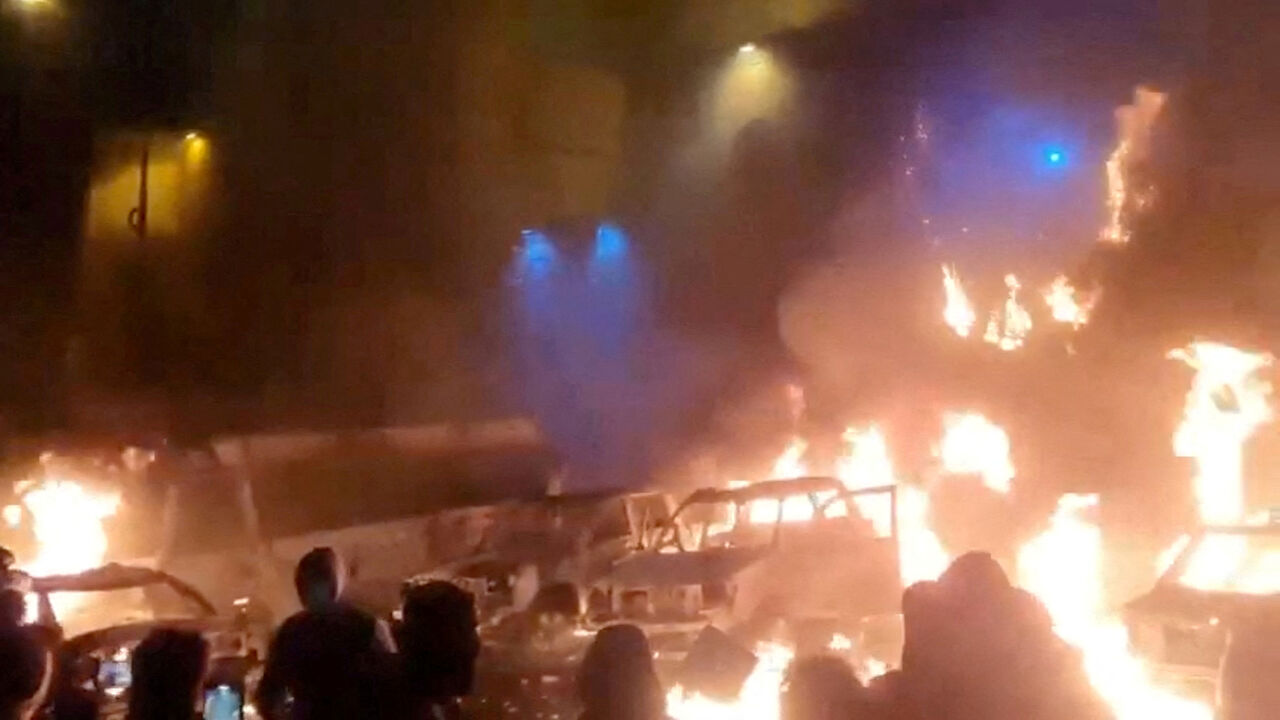
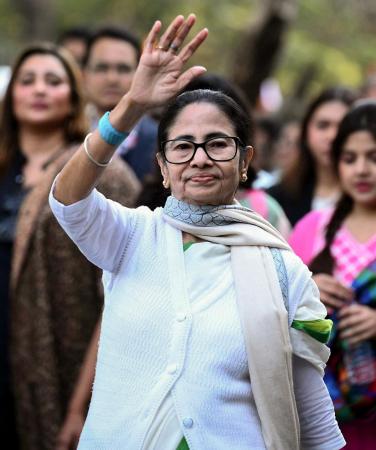
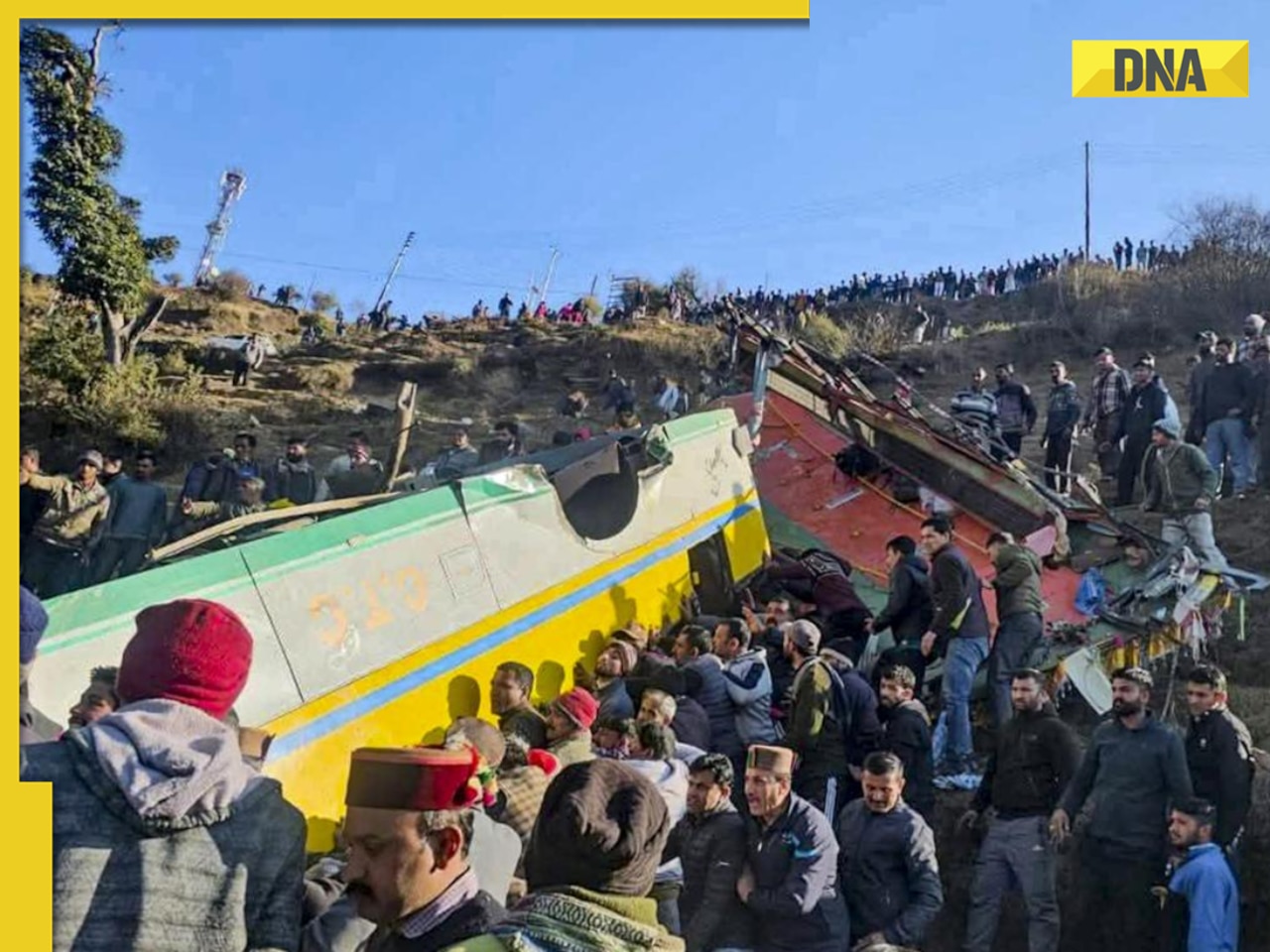
Leave a Reply